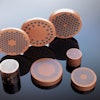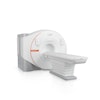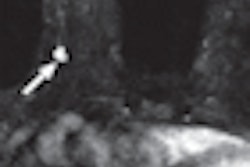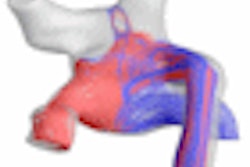Using functional MRI (fMRI), researchers at the Mind Research Network in Albuquerque, NM, have found that playing the computer game Tetris makes the brain more efficient, as the repetitive activity results in increased gray matter.
Over a three-month period, adolescent girls practiced the computer game Tetris, which requires a combination of cognitive skills. The girls who practiced showed greater brain efficiency, consistent with earlier studies. Compared to controls, the girls who practiced also had a thicker cortex, but not in the same brain areas where efficiency occurred.
Dr. Rex Jung, a co-investigator on the Tetris study and a clinical neuropsychologist, said that the practice increased gray matter in the motor areas of the brain. The study was published in the journal BMC Research Notes.
The study showed that practice on a challenging visuospatial task such as Tetris affects the structure of the cortex, which supports a growing body of scientific evidence showing that the brain can change with stimulation -- and is in striking contrast with the pervasive and recently outmoded belief that a brain's structure is fixed, said Dr. Sherif Karama, a co-investigator at the Montreal Neurological Institute in Canada.
The researchers hope to continue their work with larger, more diverse samples to investigate whether the brain changes they measured revert back when subjects stop playing Tetris.
Related Reading
MRI brain mapping may assist Alzheimer's diagnosis, July 20, 2009
Finger tapping with fMRI reveals autism secrets, April 28, 2009
Functional MRI helps find root of macular degeneration, April 8, 2009
fMRI helps find schizophrenia symptoms, January 20, 2009
Functional MRI scans clues to best multitasking times, September 12, 2008
Copyright © 2009 AuntMinnie.com




















